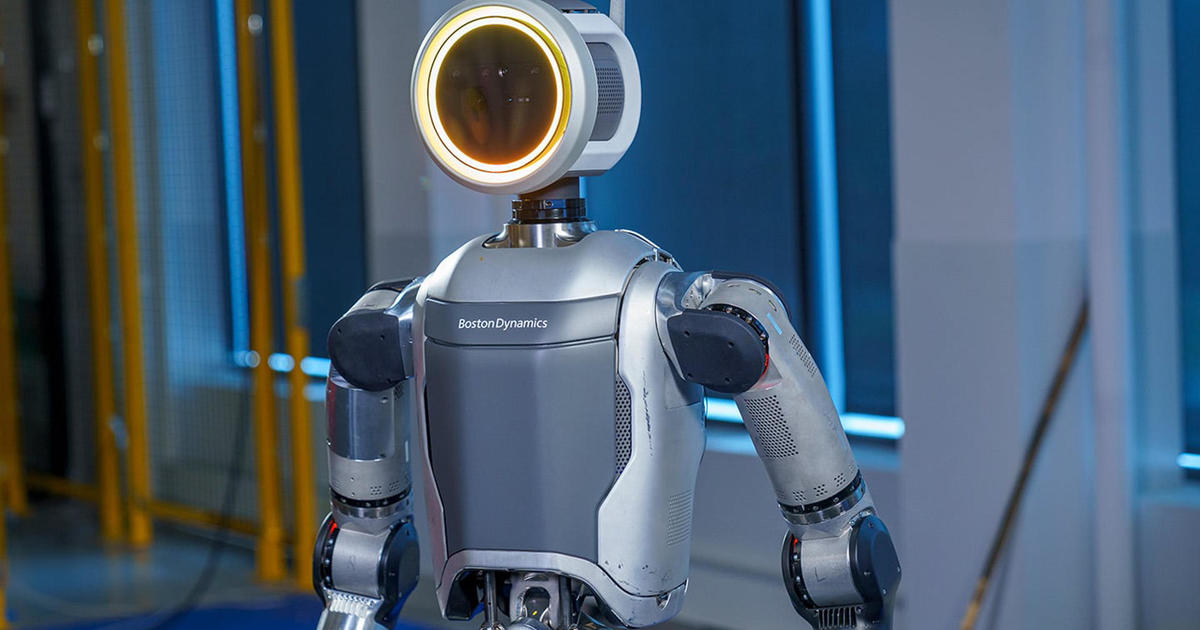The Science Behind Our Memories
BOSTON (CBS) - Why is it that most of us can't recall what we had for lunch last Wednesday but can easily recite the Pledge of Allegiance? And why is it that hearing a certain song can bring back vivid memories from long ago?
Turns out there are different systems in the brain for different types of memories. Procedural memories allow you to remember how to drive a car or brush your teeth. Semantic memories involve facts like what is the capital of Massachusetts? Episodic memories are bound in time and space like what you had for lunch last Wednesday.
"The brain doesn't like to clutter itself with things you're not going to use," says Dr. Aaron Nelson, a memory specialist at Brigham and Women's Hospital and author of the book, "Achieving Optimal Memory".
He says if you want to recall a memory, you have to retrieve it and then store it again. "You have to take it out of the drawer, re-experience it in some fashion, and then put it away," Dr. Nelson explains. "This re-consolidates the memory and strengthens it."
A word of caution, however. Every time you retrieve a memory and store it again, that memory is slightly altered.
"Our memories are not true video recordings," says Dr. Nelson. "So much of the memory is manufactured by the observer and the personality and the quirks."
And as we age, so do our brains, beginning in our late 20s. "From a cognitive function standpoint, the average 25-year-old is going to perform better on certain measures of cognitive function than the average 35-year-old," says Dr. Nelson.



